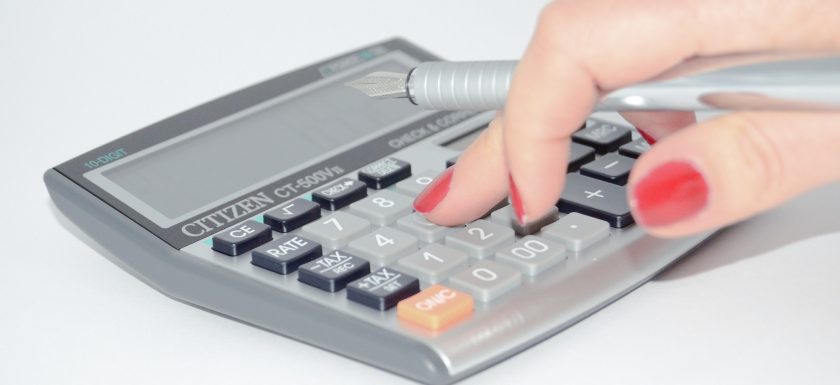So you’ve made an investment. It’s a wise choice! If you’ve invested well, you’re likely to see major growth and benefit from the accompanying profits.
Most long-term commercial investments, for instance, yield a 6.1% annual return with residential investments earning an even 10%.
But when it comes time to file your income tax, you may not know every advantage available to you. For instance, you can write off the wear and tear of your goods to reduce your taxable income.
Want to know more? Here’s everything you need to know about depreciation taxation.
What is Depreciation Taxation?
Before we go any further, let’s get a foundational understanding of what we’re talking about when we use the term depreciation of taxes.
Everything we use, from cars to properties to the computer or smartphone you’re reading this on, has a shelf life. Though different products have different shelf lives, you can rest assured that at one point, these goods will become unusable.
A car is a great example of this. A vehicle you purchased 5 or 10 years ago likely isn’t running as well today as it previously did. Hence, it depreciated.
So how does this relate to business?
Every business needs certain items to function. An online business needs computers, for instance, while a corporation needs a building for its headquarters.
Both are used for business purposes and can be written off when it comes time to file taxes, saving the individual or business money. However, over time, both the computer and the HQ building will start to lose usability.
Not only do the goods themselves count as write-offs, but the depreciation of them counts, as well. Hence, depreciation taxation.
What Counts as Taxable Property?
Tax depreciation is concerned with the wear and tear on a good during everyday business use.
But what counts as taxable?
In short, anything that a person or company uses to make money. As you can imagine, the list of what counts as taxable can get pretty extensive.
There are a few qualifiers to consider.
You must own the property and have proof of its use in the business in question. A good must also have a shelf life longer than one year.
Note that you can also write off maintenance performed on a taxable good. So if you spruced up your company van, for instance, you should be able to write it off on your taxes.
How Can I Get The Best Tax Depreciation Rates?
Finding depreciation rates can be a bit tricky, especially if you’re dealing with property.
As a result, many companies choose to outsource the process to a quantity surveyor. These experts take a close look at a building to see if and how it’s deteriorating and provide clients with deterioration schedules and maintenance quotes.
Appreciating Depreciation: Final Thoughts
To sum it up, depreciation taxation is the process of documenting the depreciation of an item or items used for business purposes. Once a party has proof of ownership as well as deterioration, they may then write off the deterioration of said goods to get a tax break.
It’s undoubtedly a complex process. But it has the ability to benefit small and large businesses alike.
So next tax season, make sure you’re taking all the deductions possible. You might save some extra cash!
Of course, your goods aren’t the only things you should track. To grow your business, be sure to check out our guide on the 12 metrics you need to be tracking.

